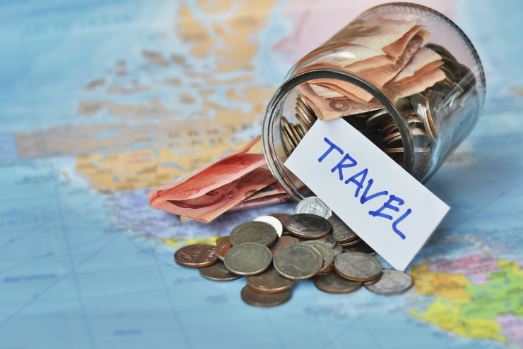Applying for and being approved for a small business government loan could strengthen your business’s financial outlook. With attractive features, the loans are backed by the government and offer a variety of funding options.But how do you qualify for a government business loan or for that matter go about getting one? Keep reading to find out which businesses can apply, the requirements and documents you’ll need, and what benefits to expect. And as a bonus, there’s a section about relief programs offered to entrepreneurs affected by the 2020 pandemic.

What type of businesses can apply for government loans?
Small businesses that operate for profit in the United States or its territories can apply. However, real estate investment firms, speculative activities such as wildcatting for oil, and dealers of rare coins and stamps are ineligible. The SBA also does not offer loans to gambling, lending, religious/non-profit businesses or organizations that promote pyramid sales plans.
Special considerations are available for franchises, recreational facilities, farms, fishing vessels, and hospitals. Additionally, legal aliens and individuals on probation or parole can apply for loans governed by specific terms and conditions.
Main requirements and documents to apply for government loans
These requirements and documents are general in nature and may vary depending on the type of SBA loan.
Requirements:
- As already mentioned, your business must be located in the US. It should have operated for at least 2 years and must have earned a profit.
- Likewise, you have already attempted to acquire funding through other means. SBA loans have strict requirements relating to a business’s net worth, how many employees they have, and annual revenue.
- Lenders review your personal and business credit score histories. You should have a minimum FICO score of 680.
Documents:
- You’ll need both personal and business tax returns for the last three years and at least 12 months of your business’s profit and loss and banking account statements.
- Have copies of business licenses, proof of your business’s legal structure, and business plan.
- Depending on the SBA lender, collateral may or may not be required. In case it is, prepare a list of assets for a lender to review.
- Lenders look closely at your personal and business information to ensure you have proven experience in your industry.
Features of the most common small business government loans
- SBA 7 (a) loans are available for up to $5 million and can be repaid in 10 years when proceeds are used for equipment and working capital and 25 years when purchasing real estate. Interest rates range between 2.25% to 4.75% depending on the loan amount and maturity.
- CDC/504 loans are used for business expansion with specific requirements such as helping minority groups or creating new jobs in your community. Loans require collateral and a down payment ranging from 10% to 30%.
- Microcredit loans are offered in amounts up to $50,000 repayable in 6 years (maximum). Proceeds can be used to buy equipment, inventory, or boost cash flow. However, you cannot use the funds to pay off debt or purchase real estate.
- Other common small business government loans include disaster relief and import and export loans.
PPP and EIDL Relief Programs
The Payment Protection Program and Emergency Injury Disaster Loans are loans set up to cover payroll, rent, mortgage interest, utilities, and operating expenses. PPP loans are 100% forgivable when borrowers meet strict guidelines. Up to $10,000 of an EIDL emergency grant is pardoned.
Going Forward with Financing
A small business government loan is a viable funding solution for businesses expanding their operation, needing more working capital, or refinancing debt. Maturity terms and interest rates vary per the type of SBA loan and a borrower’s ability to repay the loan. An SBA lender can recommend a specific loan to match your business’s most pressing needs.
The information in the linked resourced we mentioned at the beginning and what we’ve shared in this post should help you become familiar with how small business government loans work. Now, it’s up to you to reap the benefits of what you’ve learned. Contact a lender at your earliest convenience and get the funding your business needs.



